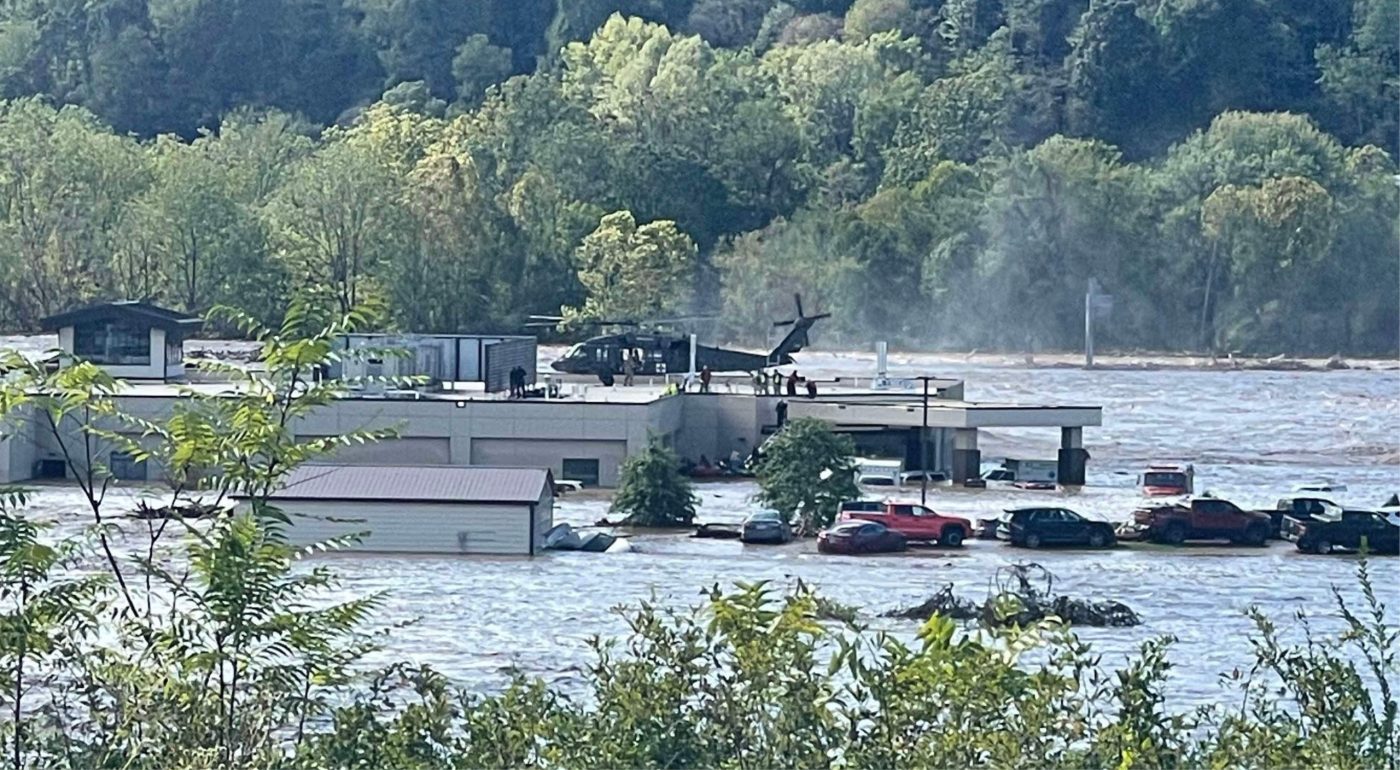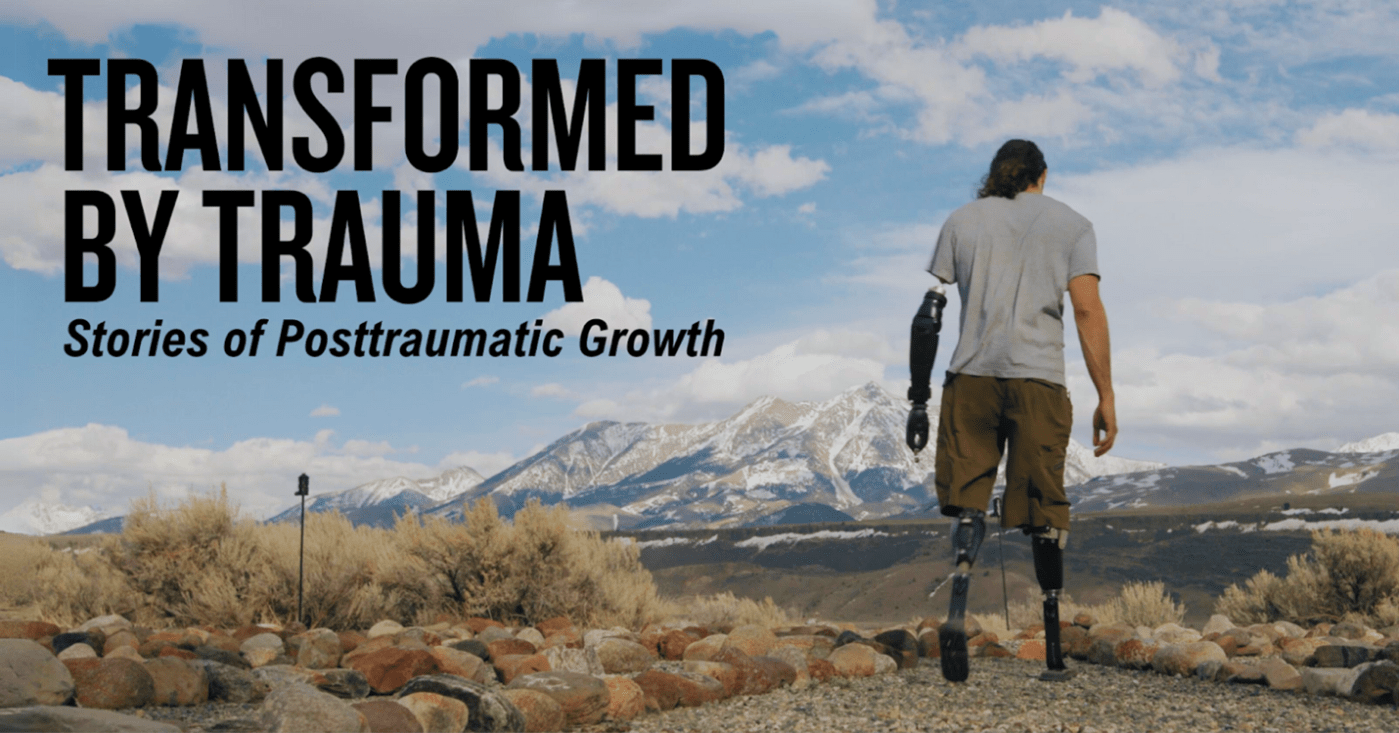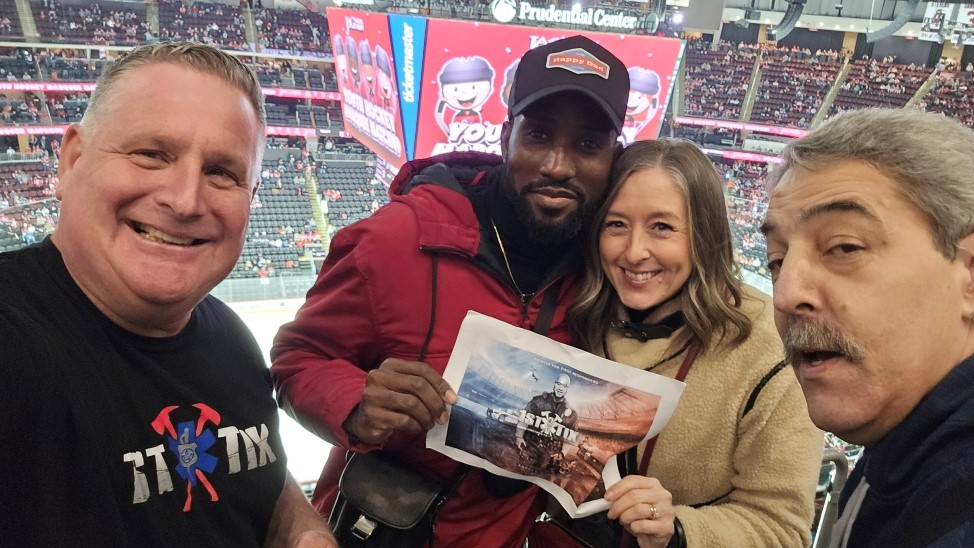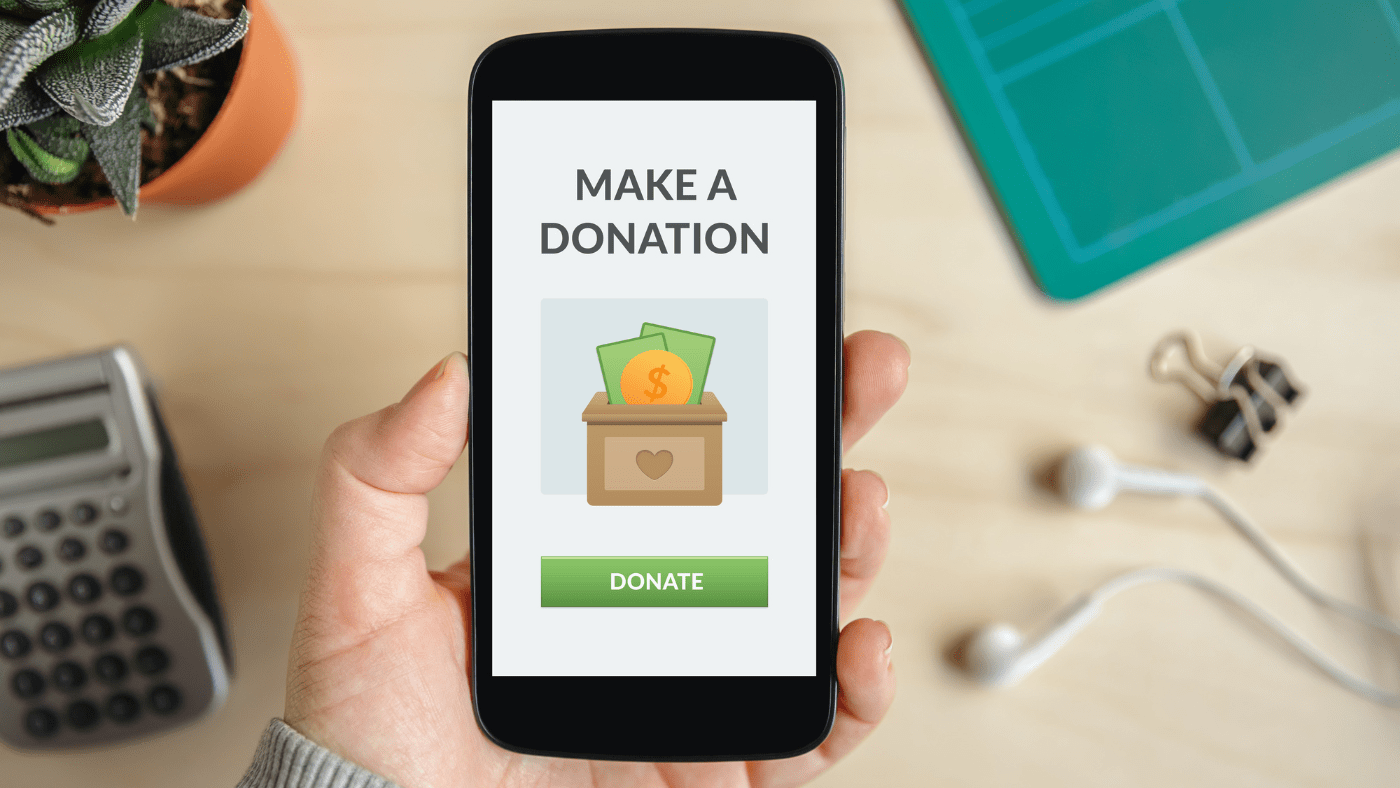When Mountain Home VA respiratory therapist Sara Killion called to check on Marine Corps Veteran Phillip Weidenburner during Hurricane Helene, she realized his situation was dire. The hurricane had unleashed devastating flooding and Weidenburner, who lived next to the Pigeon River in Newport, Tennessee, was standing with his wife on the second floor of his home, ankle-deep in water, trying to get to the roof because he heard a helicopter circling nearby.
Killion, a member of Mountain Home VA’s Vulnerable Population Outreach (VPO) team, knew she was Weidenburner’s lifeline. She calmly urged him to get to the roof, flag down the helicopter, and call 911 before his phone died, reminding Weidenburner to make sure the 911 operator knew he was oxygen-dependent.

While on the phone with the Veteran, Killion alerted her facility’s emergency management team to his situation and prepared plans in case they lost contact with him.
“When he hung up to call 911, I felt helpless,” Killion recalled. “The water was rising so fast, and I knew they were trying to make it to the roof, but I couldn’t get to him.”
A few days later, Killion spoke with Weidenburner as he and his wife were safely at their hotel, equipped with the oxygen he needed. Within minutes after calling 911, the Veteran and his wife had been rescued by helicopter.
“I can’t tell you the relief I had when I heard his voice,” Killion recalled. “He said that our phone call meant the world to him. Nobody was trying to be a hero; we were just trying to do the best we could to take care of our Veterans.”
Though Weidenburner lost all his medical equipment in the flooding, Mountain Home VA quickly ensured his needs were met, providing him with an oxygen concentrator, CPAP machine, medications, and even a new walker. But more than that, the simple act of reaching out made a lasting impact.
“VA did right by me,” said Weidenburner. “During that time, I was shocked [to receive the phone call]. I remember thinking, through all this heartache, knowing someone out there cares meant a lot.”
When protocols get practical
Mountain Home VA’s VPO team exists to help those at highest risk during emergencies, specifically Veterans requiring special medical support. During Hurricane Helene each VPO team member was given a list of patients to contact and check their safety and basic needs. Killion’s experience is a reminder of the deeply personal element behind VA protocols and policies.
“You have your routines, and sometimes it feels like we’re just going through the motions,” said Killion. “But this time, it wasn’t routine; it wasn’t checking a box. What if we didn’t have this in place? Behind these policies are real people who look to us to serve and care for them. It’s about taking care of our Veterans.”
Mountain Home VA’s VPO initiative stems from VA’s Vulnerable Patient Care, Access & Response to Emergencies (VA CARE) protocol, which is a national best practice. VA CARE supports VA staff in improving readiness and resilience for Veterans and caregivers during emergencies, ensuring consistent outreach and continuity of care for vulnerable individuals.
During Hurricane Helene, the dedicated staff at Mountain Home VA provided crucial support and hope to those affected by the storm. They reached out to approximately 1,703 Veterans in the most vulnerable populations in the hardest-hit areas, ensuring assistance was available when most needed.
Resources for disaster assistance
If you’re affected by a natural disaster, VA can help ensure that you continue to receive your VA benefits and health care. Explore these resources for Veterans to learn how VA can help.
Topics in this story
More Stories
A powerful new documentary follows several Veterans and service members as they share their personal stories of transformation, hope and growth.
1st Tix distributes free event tickets to current and former first responders and their families.
For Veterans, donating to charities—especially those that support fellow service members—feels like a meaningful way to give back to the community. However, Veterans and their loved ones must remain vigilant and learn to protect themselves from charity scams.






